“I Want to Find the Connectedness in Everyone.”
The nation’s best-known prison journalist discusses his book ‘The Tragedy of True Crime’ and the challenges faced by those who write from inside.
The nation’s best-known prison journalist discusses his book ‘The Tragedy of True Crime’ and the challenges faced by those who write from inside.

collection
Inquest’s landing page for writing by our incarcerated and formerly incarcerated authors. Finalist for the 2025 National Magazine Awards.
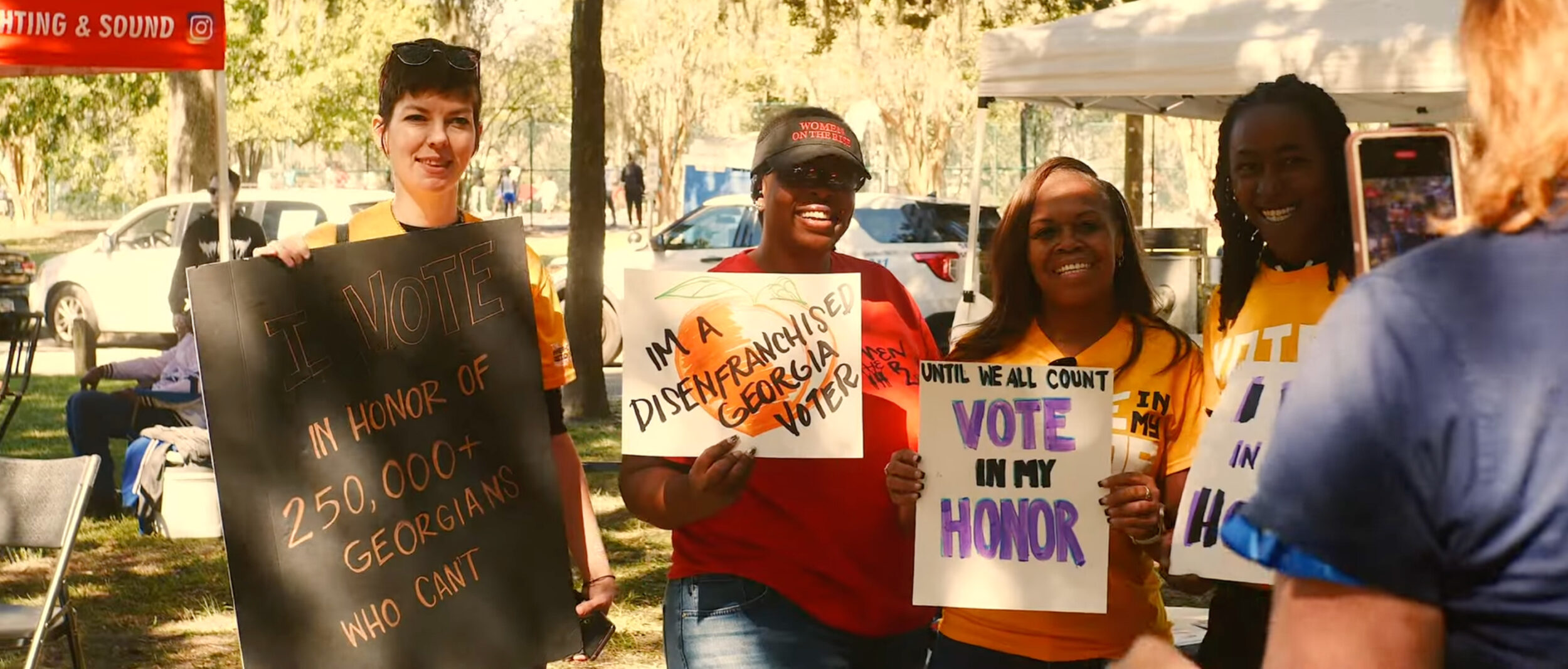
When I was falsely accused of abuse, North Carolina took away my sons. The charges were dropped but I still may never see them again.
Racial injustice was central to the establishment of the U.S. death penalty. Ending racial injustice must be central to its abolition.
When my father was twenty-one—my age—he had already been in prison for two years.
Inquest—finalist for the 2025 National Magazine Award for General Excellence & cited in The Best American Essays 2025—brings you insights from the people working to create a world without mass incarceration.
Sign up for our newsletter to get the latest in your inbox every Saturday.
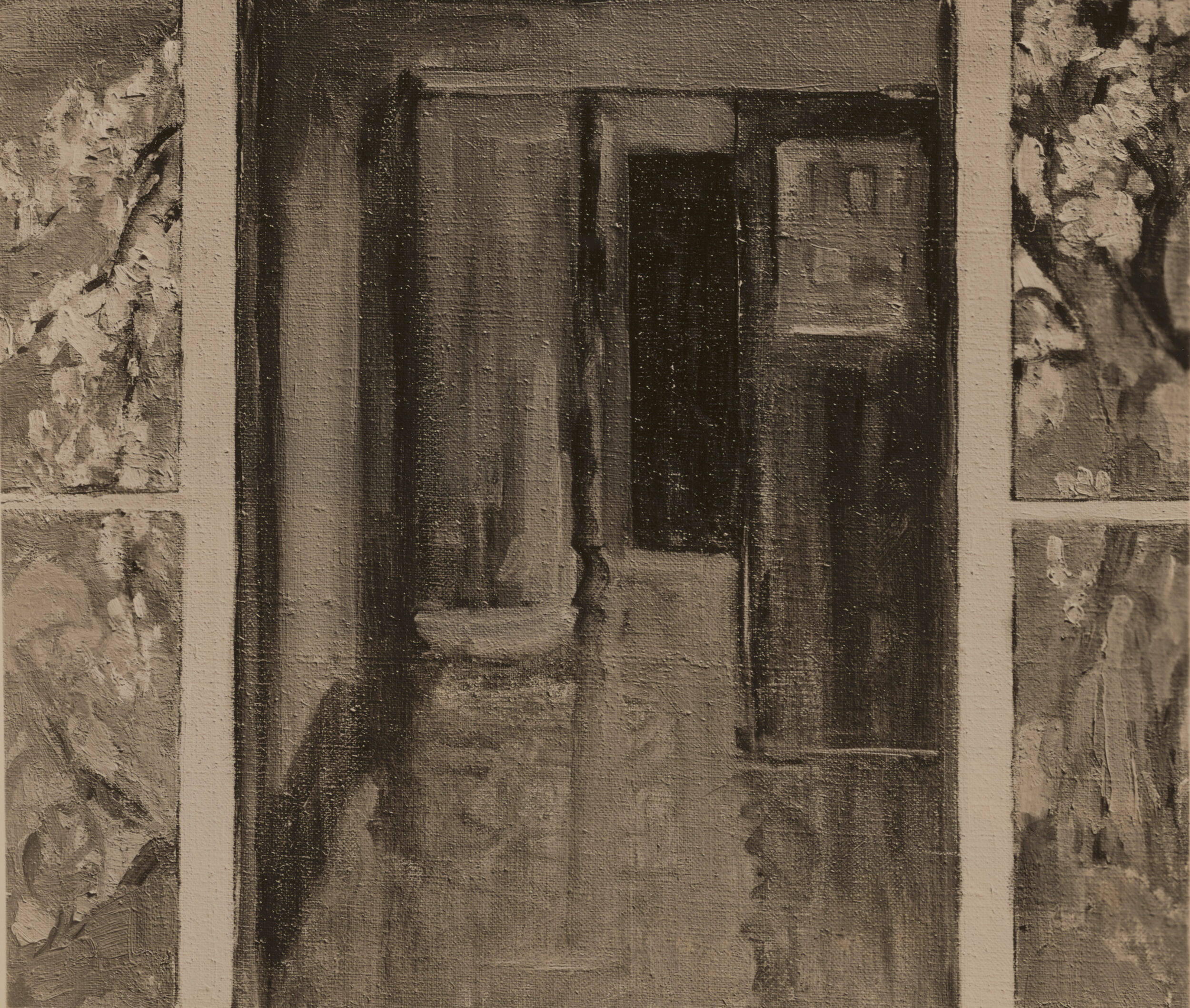
A curated selection from our favorite decarceral books of the year, with topics ranging from prison book programs and dangerously bad prison food to disability justice and the fight to stop the world’s tallest jail from being built.
When Rikers furniture proves so unwieldy that her inside–outside book group can’t even form a circle, the author goes on a search to understand why U.S. prison furnishings are so dehumanizing.
When reincarceration rates are treated as the sole measure of success, we undervalue the work formerly incarcerated people do to heal and confront their traumas.

As shuttered jails and prisons become luxury venues, a growing movement is calling for community-led alternatives that honor the sites’ violent histories.
Making incarceration profitable—for both the state and corporations—generates untold hardship not only for incarcerated people but also for their families and communities.
In Texas, when someone makes parole, they will only be released once they have an approved home. Many of us have nowhere to go, and no one to help us find somewhere.
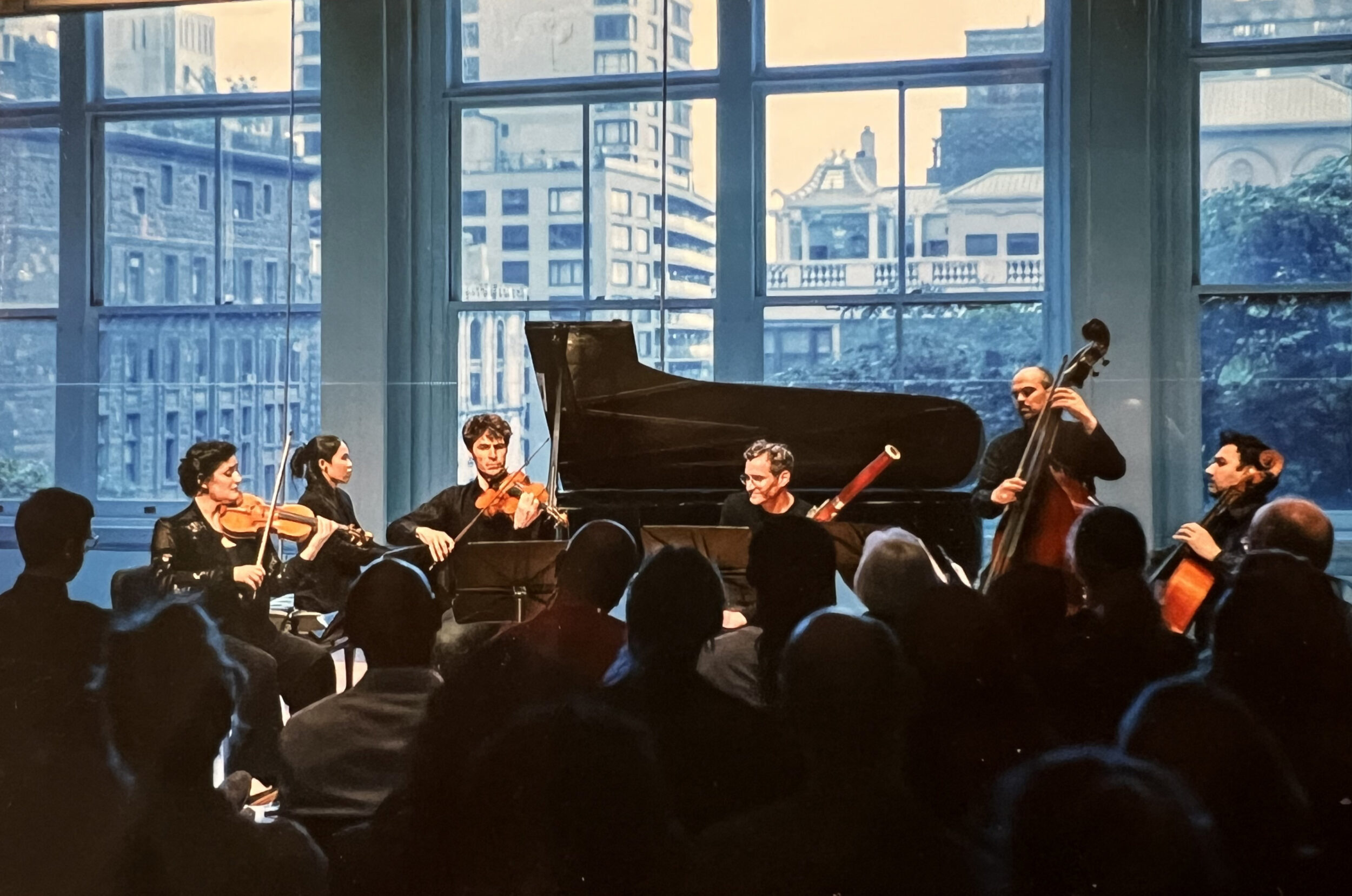
My earliest memories of life were being loved by my father. I couldn’t imagine then all the ways Black men’s lives are endangered.
Over the course of the twentieth century, southern moderates claimed to pursue growth and modernization, even as they more permanently enshrined a racialized carceral state.
For 150 years, Atlanta has endured racist policing that has served the interest of the city’s economic elite. The fight to resist this “Atlanta way” goes back just as far.
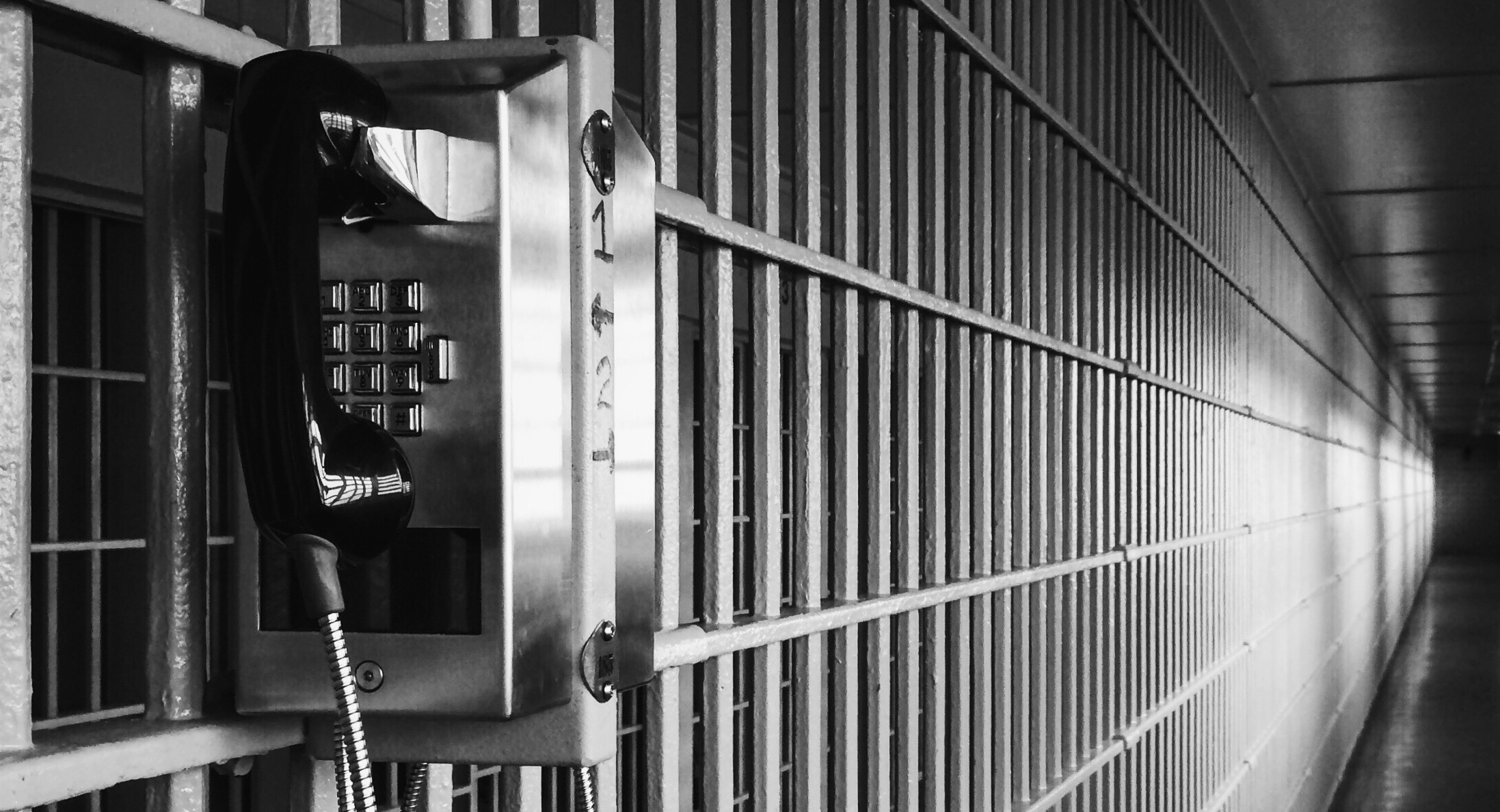
Decades of policy failures, including a culture of impunity for correctional officers, have eroded many of the gains that the Attica uprising’s incarcerated leaders fought and died to secure.
When parole boards are allowed to give the original crime more weight than proof of change, they become an absurdist theater of foregone conclusions.

The criminal legal system aims to send a message by massively overcharging him: it will defend racial capitalism above all else.
In ‘Enemy Feminisms,’ philosopher Sophie Lewis engages with the feminism of racists, colonizers, fascists, cops, and jailers to better understand what a truly liberatory politics needs to look like.
Providing hospital inpatients who use drugs with safe ways to do so is a critical part of what it means to “do no harm.”
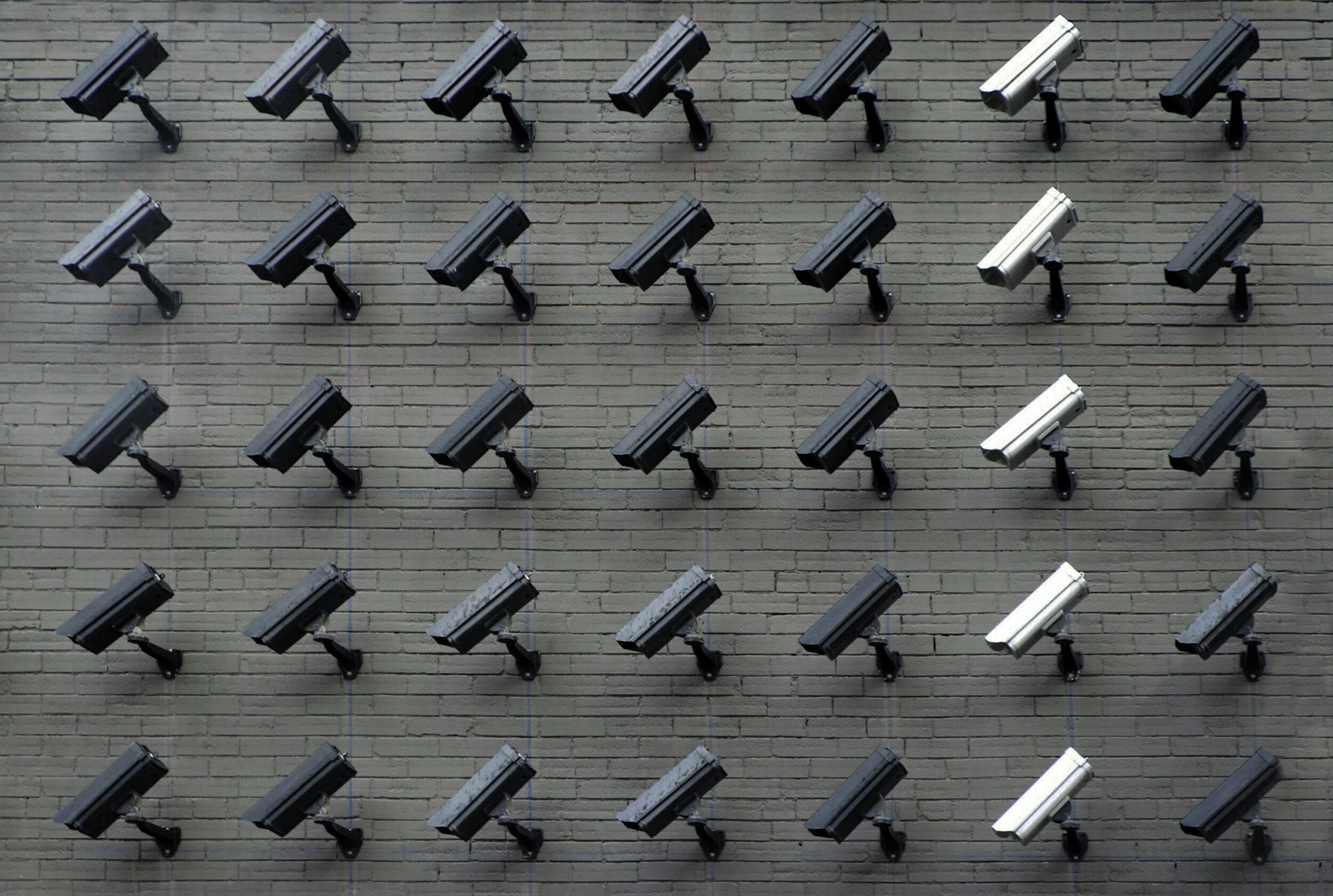
Drug diversion programs are hyped by reformists as alternatives to prison—but they function just like punishment and people often end up incarcerated anyway.
Incarcerated people accrue debt for nearly all of their medical care. This makes a mockery of their right to health care—and saddles them with devastating debt upon release.
A new memoir details how Calvin Duncan became one of the nation’s foremost experts in post-conviction relief, helping hundreds incarcerated in Louisiana to fight for their rights, even as he sought his own freedom.
Abolishing the child welfare system would create more avenues for protecting children, instead of devoting all of society’s energy to propping up a coercive system of surveillance and punishment.
Revolutionary Black anarchist Martin Sostre spent much of his life as a political prisoner. A vivid new biography reintroduces him to a new generation of decarceral activists.
A number of factors—including a willingness of law enforcement to collude with federal authorities—make Los Angeles a distressing bellwether of a country succumbing to authoritarianism.

Eight Virginia prisons currently have no air-conditioning. We go to sleep in sweat and wake up in sweat, with no respite from dangerous heat.
Prisons serve bad, inadequate food as a way to cut costs. Providing this inhumane service is now a profitable sector of Wall Street.
New York City’s plan to replace Rikers with skyscraper jails is a cautionary tale of how decarceral talking points can be misappropriated.
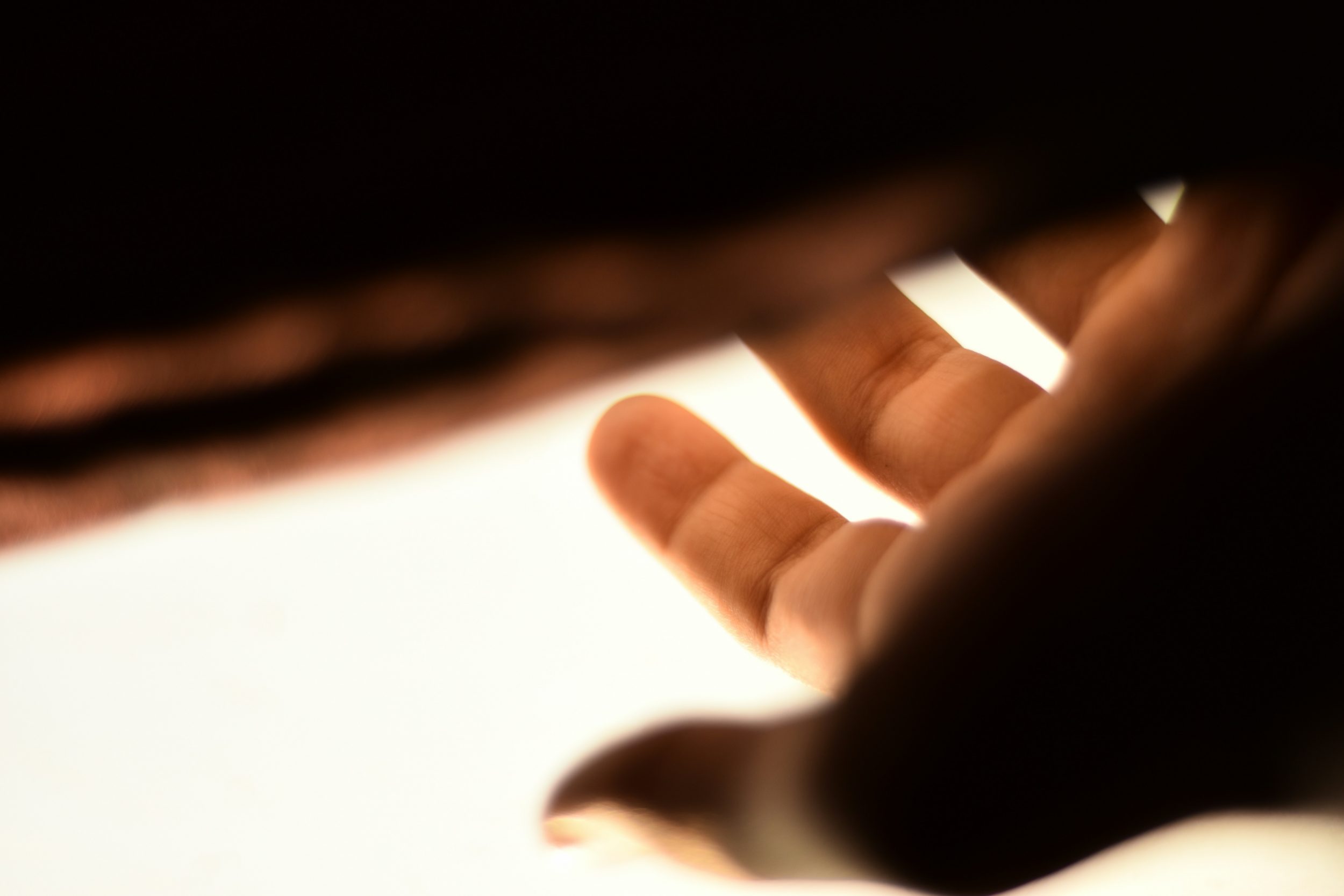
Incarcerated people are eligible for Pell Grants again—but will prisons actually allow us to flourish as college students?
White civilians often spontaneously cooperate in acts of racial hatred. It’s a web of racist solidarity that Black people know all too well.
Faced with often deadly medical neglect, incarcerated women form networks of care that provide the life-sustaining support the state fails to give.

ShotSpotter has leveraged gun violence into a multimillion-dollar business that promises safety but delivers only increased policing and drain on the public’s resources.
A decade of increasingly sexphobic lawmaking has left sex workers worse off, unable to keep themselves safe and more likely to be victims of police violence.
The sweeping conspiracy and terrorism indictment of Stop Cop City activists reveals the new playbook for state suppression of protest. But we can still win.

Crimes committed because of financial hardship are a form of labor and should not be subject to criminal legal punishment.
After Jason Salters was violently attacked by NYPD officers simply for doing his job, he discovered how little accountability exists for non-fatal incidents of police violence.
A recent book unveils the shockingly long history of for-profit prisons—and the equally long history of incarcerated people demanding compensation for their exploited labor.

Nuclear abolitionists in the Plowshares movement have been imprisoned for bringing attention to the fact that nuclear weapons are immoral and illegal under international law.
Domestic violence survivors shouldn’t have to survive police violence, too. It is time to follow the evidence to interventions that actually work.
A decade of victimization landed a Harlem kid in prison. More than three decades later, he has not allowed prison to define his life story.
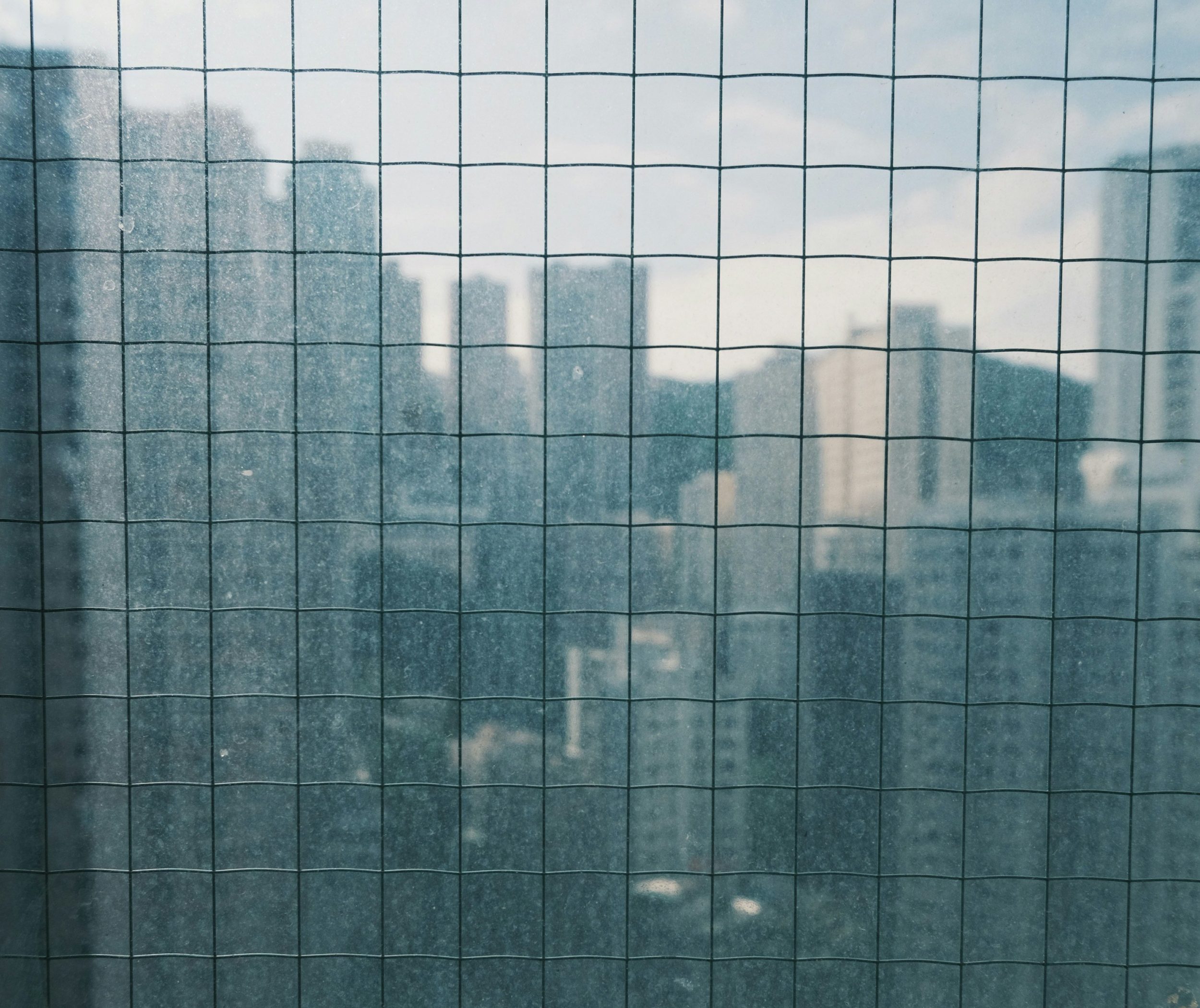
Placing criminal system tools in health-care providers’ hands causes irreparable damage to patient care and public trust.
A new anthology invites parents into the work of building a world without prisons.
I rejected a plea deal and chose instead to go to trial. I would not understand until too late that I had placed a target on my back.
“Art is not a leisure activity. Art is a redemptive, powerful, meditative, actionable force within a person—within a human being.”
In my many years as a public defender, I accepted the legal rationales for pretrial detention. But I can’t anymore.
Should advocates looking to unwind our nation’s punitive excesses engage a Supreme Court that set them in motion?

Electing progressive sheriffs only goes so far toward curbing the structural forces that sustain mass incarceration.
The sweeping conspiracy and terrorism indictment of Stop Cop City activists reveals the new playbook for state suppression of protest. But we can still win.
A transnational approach to abolition brings a new appreciation for community—both broader and narrower than the nation-state—as the site for care, justice, and democratic self-governance.
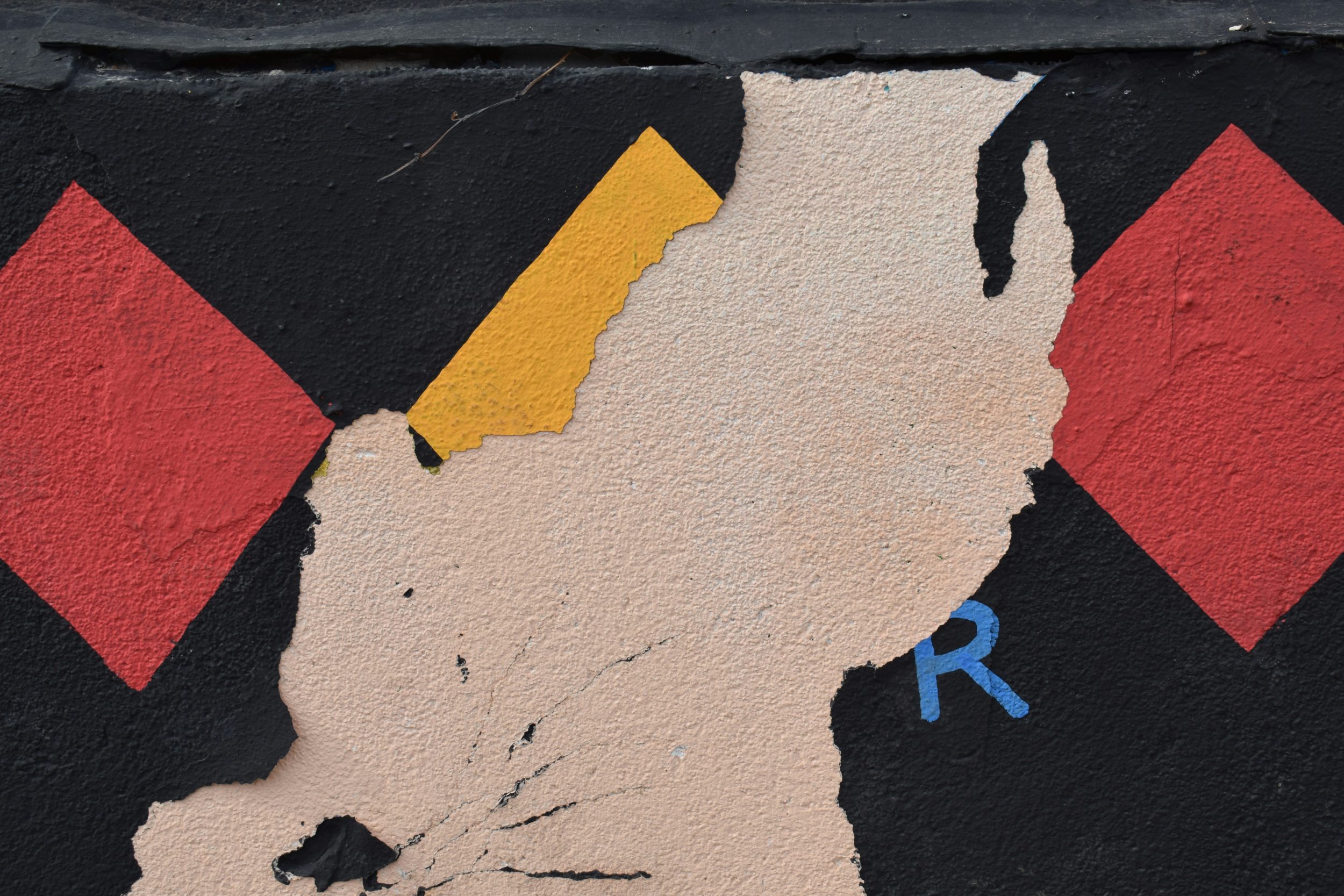
An incarcerated writer and advocate in California implores: “Don’t waste my time trying to make it more comfortable for me in here.”
Ending prison slavery and giving fair wages to incarcerated workers are necessary steps on the pathway to justice.
Abolition requires the world-building work of imagining all the many life-affirming alternatives to incarceration.

I kept my promise to break bread with my friend Dobie one last time, right before the state of Louisiana put him to death.
What does genuine safety look like? And what will it take to prioritize it rather than simply managing inequality and other injustices?
Participatory defense gives families and communities an opportunity to protect their own in courtroom spaces that have long robbed them of power.
Credit scoring is control by another name. It keeps marginalized people from the means of survival and exposes them to punishment.
The administrative remedy process is a roadblock to challenging inhumane prison conditions. With the help of advocates, people in prison are fighting back.
While on parole in Oregon, homelessness, unemployment, and lack of services kept me in survival mode. This is not public safety.

Series
Essays exploring how mass incarceration shapes, and is shaped by, our shared world and built spaces.

Defund gives us a platform and pathway to reimagine a society with less police, more care, and services that meet the needs of all.
A hopeful, practical new book shows how abolitionist organizers today are building the world anew.
Mass incarceration rests on false narratives that carceral institutions themselves control. But some of us are fighting back.

Since our launch, we have published a number of essay series and collections examining drivers of and solutions to our crisis of mass incarceration. Find them all here.
Recovering a vision of queer solidarity with incarcerated people may just be what people disaffected by the gay rights movement need today.
In seeking funding for non-carceral mental health crisis response, we’re hoping to bring a small piece of our abolitionist horizon to our city.
Activism must involve incarcerated people—but few outside advocates really understand the dangers and limitations that imprisoned organizers face.
Inquest publishes new, thought-provoking ideas and essays weekly.
Join our mailing list to stay on top of the latest.